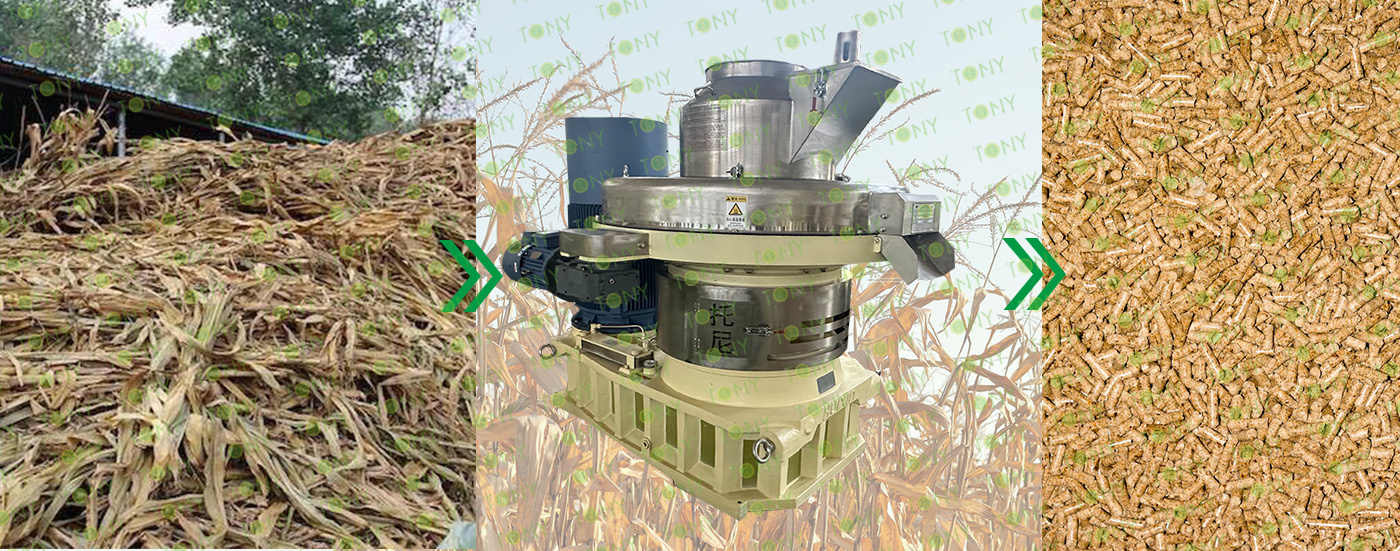Energy revolution
Replacing traditional coal: In winter, pellet fuel stoves can be used for heating, with a thermal efficiency of over 85% (compared to only 50% for traditional coal stoves), reducing smoke emissions by over 90%.
Cooking energy: The combustion of pellet fuel is controllable, with stable flames, suitable for household cooking, and the cost is 30%-50% lower than that of natural gas.
Industrial and commercial fields
Biomass boiler fuel: Steam boilers in enterprises such as paper mills and food factories can be replaced with pellet fuel, meeting environmental protection emission standards (such as NOx ≤ 30mg/m³).
Regional centralized heating: Large-scale pellet fuel heating stations can provide clean heat sources for town communities and schools, replacing coal-fired boilers.

Dual benefits of environmental protection and economy
Solving the problem of straw burning: China produces approximately 700 million tons of straw each year. Traditional burning leads to smog and carbon emissions. Pelletization utilization can digest over 80% of agricultural waste.
Creating economic value: The price of each ton of straw pellet fuel is approximately 400-600 yuan. Farmers can increase their income by 100-200 yuan per ton by selling straw, and at the same time, it can drive the development of the industrial chain including the production, transportation, and sales of pellet machine.
With technological progress and policy support, this "turning waste into treasure" technology will become an important driver for low-carbon transformation and the realization of the "dual carbon" goals.





















